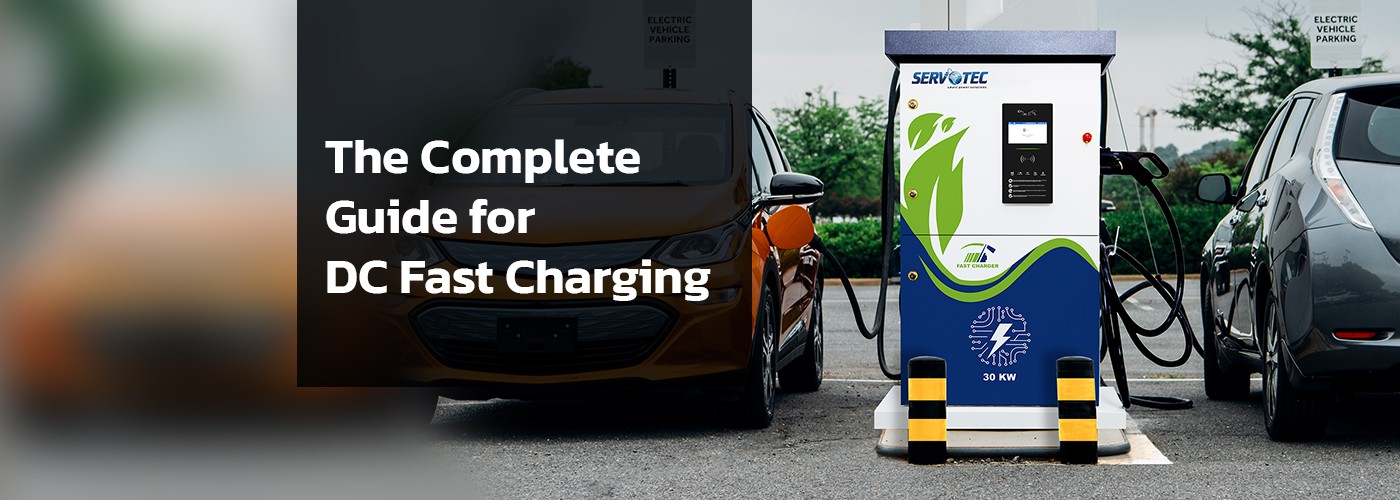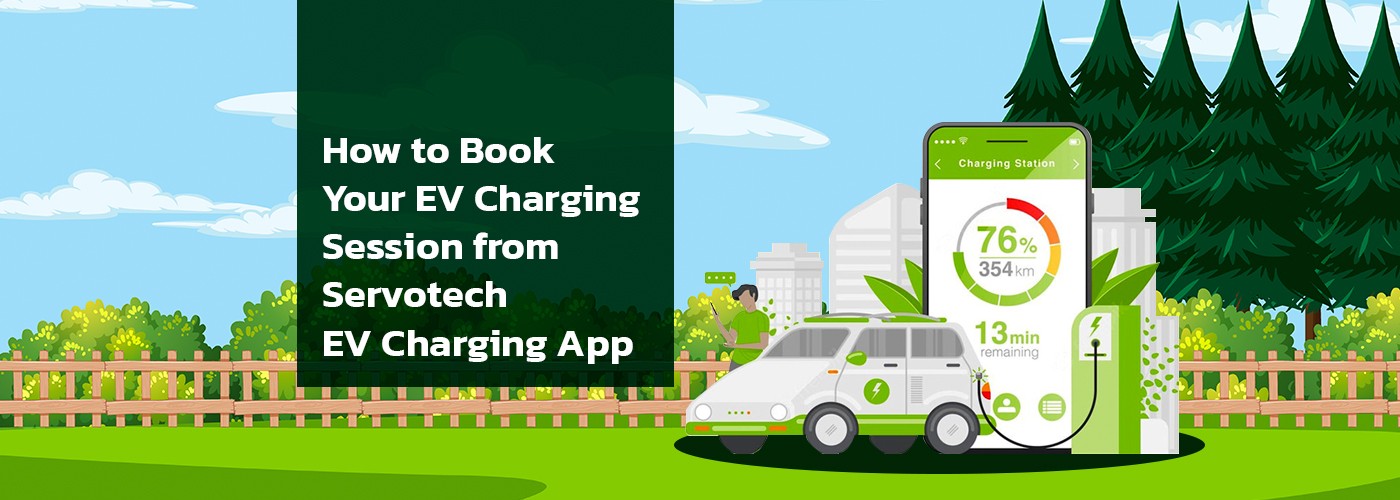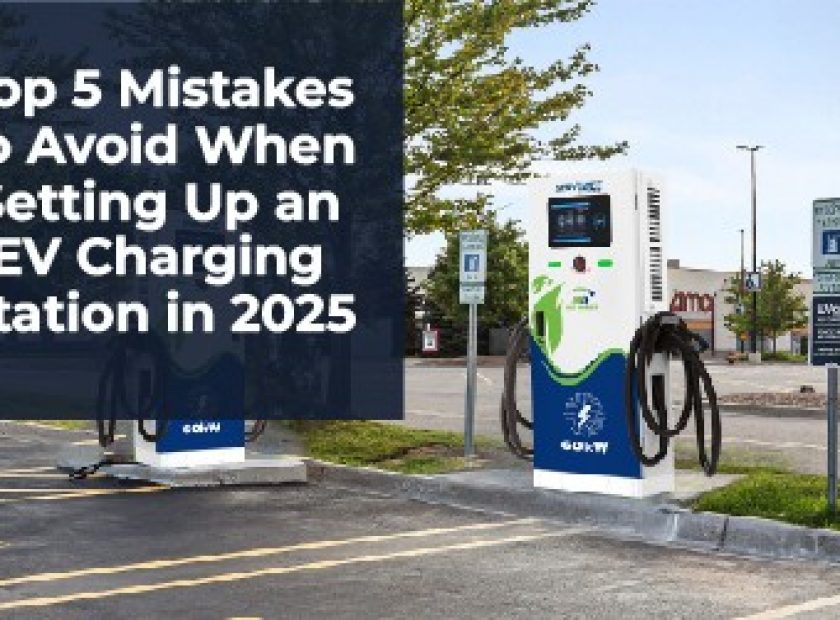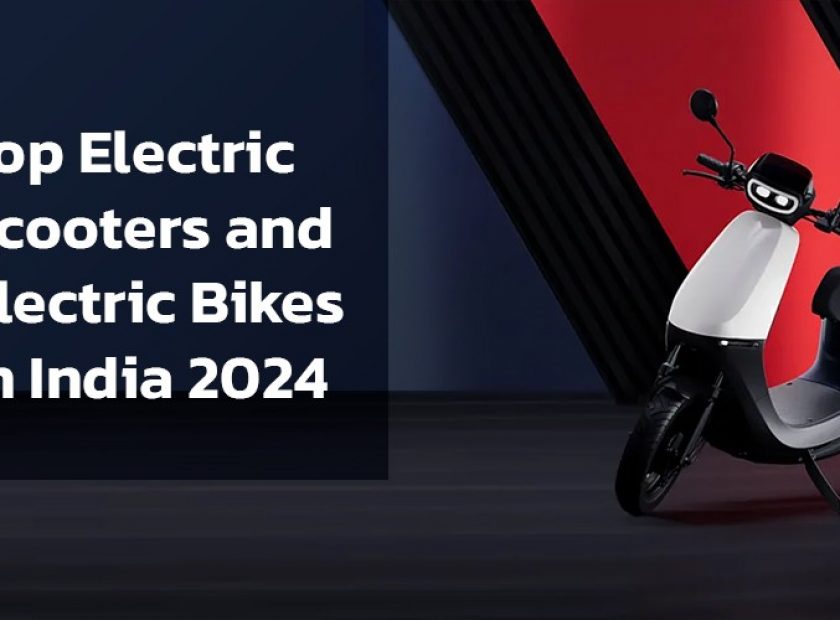The Complete Guide To DC Fast Charging

In the ever-evolving landscape of transportation and energy, the rise of electric vehicles has sparked a revolution that is changing the way we move and power our world. At the heart of this transformation lies the game-changing technology of DC fast charging. Understanding DC fast charging is not just an option – it’s a necessity. In this blog, we will explore the world of DC fast charging. From understanding the technology behind it to setting up charging stations and everything in between, this blog will empower you with the knowledge needed to navigate the rapidly evolving landscape of DC fast charging. Whether you’re an electric vehicle owner, an entrepreneur looking to invest in charging infrastructure, or simply an enthusiast curious about the future of transportation, this blog is your gateway to insights and expertise.
What is DC Fast Charging?
DC Fast Charging (Direct Current Fast Charging) is a technology that is used to quickly charge electric vehicles (EVs). DC Fast Chargers provide a high-voltage DC directly to the EV’s battery which allows for significantly faster charging speeds.
Range of DC EV Charging
The range of a DC Fast EV Charger can vary depending on the charger’s power output, the vehicle’s compatibility, and the state of charge of the EV’s battery.
i) 15 kW Charger: As a rough estimate, a 15 kW DC charger can add around 96-120 km of range to an electric vehicle in one hour of charging.
ii) 30 kW Charger: A 30 kW DC EV charger can provide faster charging compared to a 15 kW charger. It can add approximately 192-240 km of range to an electric vehicle in one hour of charging.
iii) 60 kW Charger: A 60 kW DC charger is a high-capacity charger that can significantly reduce charging times for electric vehicles. On average, a 60 kW charger can add 384-480 km of range to an electric vehicle in one hour of charging.
iv) 120 kW Charger: A 120 kW DC EV charger is a high-capacity charger designed for rapid charging. It can add a significant amount of range to an electric vehicle in a relatively short amount of time. On average, a 120 kW charger can add approximately 770-965 km of range to an electric vehicle in one hour of charging.
v) 360 kW Charger: A 360 kW DC charger is an extremely high-capacity charger designed for ultra-fast charging. These chargers are found in specialized charging stations and are capable of adding a substantial amount of range to an electric vehicle in a very short time. On average, a 360 kW DC EV charger can add 2,315-2,987 km of range to an electric vehicle in just one hour of charging.
The above estimates provide a general idea of the capacities of different DC fast chargers. As technology advances, faster chargers and more efficient EVs may become available, further reducing charging times and increasing the range added during a charging session.
How does the DC Charger work?
A DC charger, often used for electric vehicles (EVs) and some electronic devices, works by directly providing electric current to a battery or device in the form of direct current. Here’s a simplified explanation of how a DC charger works:
i) Power Supply: The DC charger is connected to a power source, which can be the electrical grid, a dedicated charging station, or other sources of direct current.
ii) Conversion: If the power source provides AC (Alternating Current), which is the common form of electricity supplied by the grid, the DC charger includes a built-in converter that transforms AC to DC. This is a crucial step, as most devices and batteries, especially in electric vehicles, require direct current for charging.
iii) Voltage Regulation: The DC charger regulates the voltage of the direct current to match the voltage requirements of the device or battery being charged. Different devices may require different voltage levels, and the charger ensures the voltage is within a safe and efficient range.
iv) Current Regulation: Similar to voltage, the DC charger regulates the electric current, ensuring that it provides the right amount of current for the device. This is important to prevent overcharging, overheating, and potential damage to the battery.
v) Charging Process: The charger then delivers the regulated DC current to the battery or device. Charging may continue until the battery reaches its capacity, at which point some chargers may automatically stop the flow of current to prevent overcharging. Many modern DC chargers include safety features like overcurrent protection and temperature sensors to ensure safe and efficient charging.
Cost of DC EV Chargers
The pricing of EV chargers can vary significantly depending on several factors, including their capacity, features, and manufacturer. For chargers with a capacity between 15kW to 360kW, the cost ranges from a starting point of Rs 3,00,000 and can go up to Rs 30,00,000 or even more. The specific price you pay will be influenced by various elements such as the charger’s power output, the technology it incorporates, the number of charging ports it offers, and any additional features like advanced connectivity, payment systems, and smart grid integration.
How to Set Up a DC Charging Station?
Here’s a general overview of how to set up a DC charging station:
1) Planning and Site Selection
Identify a suitable location for the EV charging station. Consider factors such as accessibility, visibility, power availability, and proximity to areas with EV traffic. Determine the type and power rating of the DC charger you want to install, based on anticipated demand and traffic patterns.
2) Infrastructure Assessment
Ensure that the electrical infrastructure at the chosen site can support the power requirements of the DC charger. You may need to work with an electrical engineer or consultant to assess and potentially upgrade the electrical system.
3) Permitting and Regulations
Check local, state, and national regulations and obtain any necessary permits and approvals for the installation of the charging station.
4) Charger Procurement and Installation
Purchase the DC fast charger(s) from a reputable manufacturer or supplier. Ensure that the charger is compliant with relevant standards and regulations and compatible with the local electrical system.
Hire a certified electrician or electrical contractor experienced in DC charging station installations to install the charger. This process involves connecting the charger to the electrical grid, ensuring proper wiring, and implementing safety measures.
5) Networking and Payment Systems
Consider implementing a networked charging system that allows users to access and pay for charging services. This often involves partnering with a charging network service provider or implementing your own payment and access control system.
6) Maintenance and Data Collection
Establish a comprehensive strategy for the ongoing operation and management of the charging station, encompassing testing, commissioning, maintenance, support, and data collection to ensure efficient and reliable performance.
Conclusion
DC fast charging is revolutionizing the electric vehicle industry by offering rapid charging solutions. With varying power levels, these chargers can significantly reduce the time needed to add range to an EV, making electric vehicles more practical for daily use. Additionally, DC chargers play a vital role in efficient energy conversion, enabling the power needed for various applications. While the cost of DC EV chargers can vary, setting up charging stations requires careful planning, compliance with regulations, and a commitment to maintenance for a seamless charging experience. As technology continues to advance, we can expect even faster chargers and more convenient EV charging infrastructure to further accelerate the adoption of electric vehicles. So, get ready to charge up and drive into the future of sustainable transportation!




